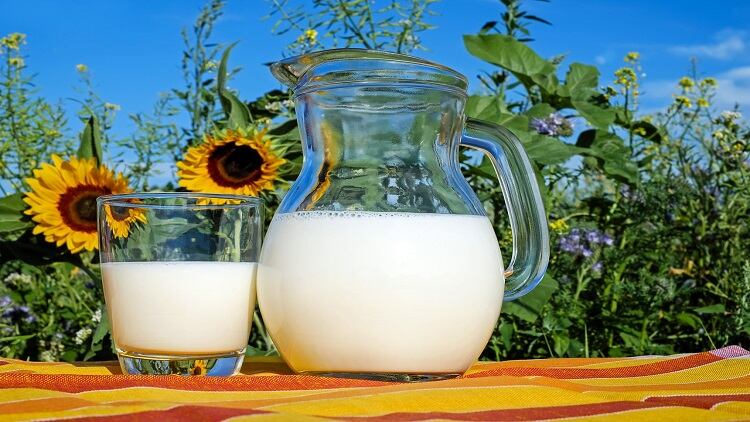In total, 235 products, ranging from milk, yogurt, to chilled desserts, will be repriced.
The bulk of it – 111 will come from Meiji, with 79 from Megmilk Snowbrand, and 45 from Morinaga.
These products are sold to either B2B food service partners or for retail..
The companies have published the list of products that will be repriced and the percentage change in pricing on their websites.
Across the three companies, the change in pricing will range from 1.5% to 8.3%.
The biggest change in pricing comes from Morinaga’s chilled dessert – 140g Morinaga Yaki Pudding, in which the retail price will rise from JPY$120 to JPY$130, which is 8.3% change.
Although new prices will be introduced in April, the three companies did not come together to agree on the price revision.
The price revision was individually agreed between the companies and their respective milk producers. Due to price revision in milk supply, the companies thus decided to change the retail prices of some of its products.
Drop in milk production capacity
The three companies said in their press releases that a main reason for repricing was due to a lower number of domestic farmers and a reduction in milk production capacity.
In response to queries from FoodNavigator-Asia, Mitsunori Watanabe from Morinaga’s Public Relations Group, Investor & Public Relations Department, said that the volume of milk that his company had collected dropped from 765,000t in 2015 to 734,000 in 2017.
He added that as a whole, the number of milk farmers across Japan had also decreased to from 17,700 in 2015 to 16,400 in 2017.
“The Japanese dairy business currently faces a challenging environment due to rising feed prices and labour costs. Production of raw milk has also continued to drop as dairy producers decrease in number.
“In addition, as labour and distribution costs have grown due to an intensifying labour shortage, the prices of packaging materials and energy costs have also risen in recent years,” Morinaga said in a statement.
The company emphasised that although it had worked to reduce costs through various voluntary efforts, such as manufacturing and distribution, however, the rising cost of raw ingredients had reached a level that could no longer be absorbed by corporate efforts alone.


